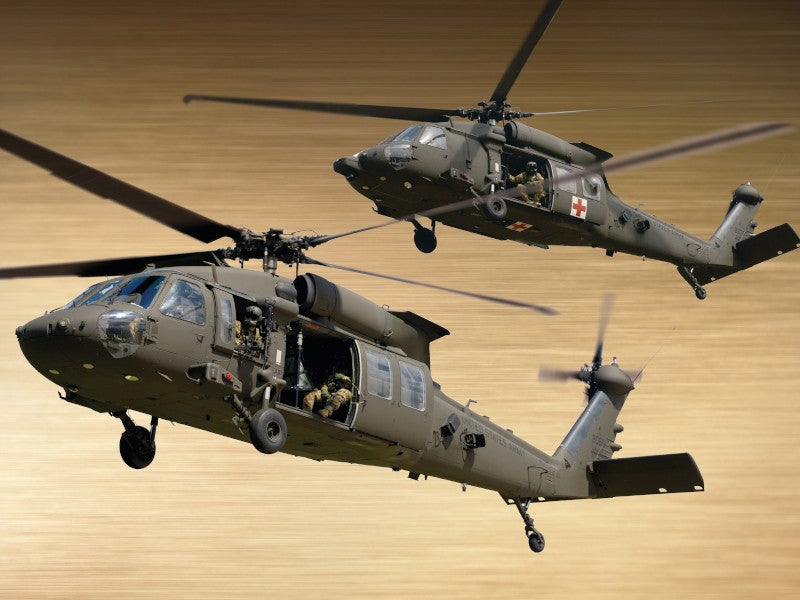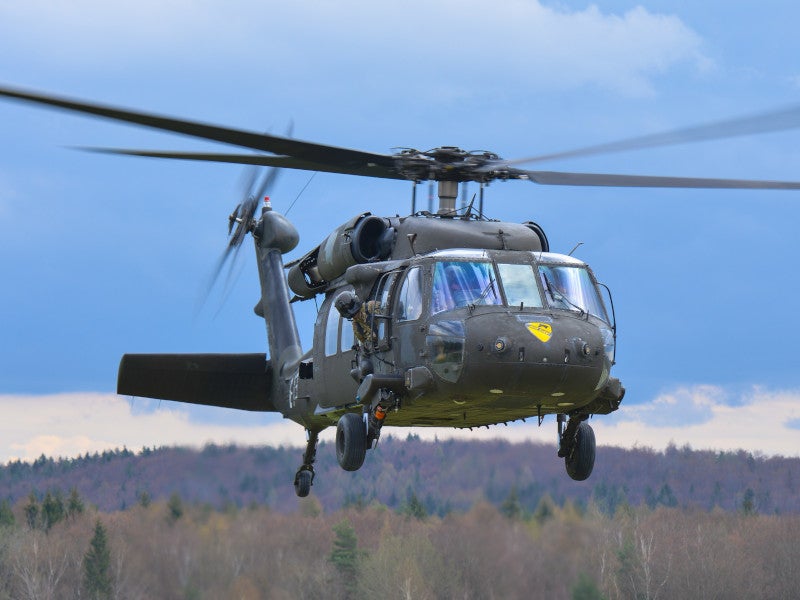The Impact of Lasting Practices on the Future of Aircraft Workflow and Emissions Decrease
As the air travel market encounters boosting examination over its ecological impact, the adoption of sustainable practices becomes a vital path towards future aircraft procedures and discharges decrease. Technologies in lasting aviation fuels and developments in hybrid propulsion innovations stand at the center of this makeover, encouraging considerable reductions in greenhouse gas exhausts. Nevertheless, the successful assimilation of these initiatives pivots on a variety of elements, including governing frameworks and market cooperation. The inquiry remains: just how will these advancing techniques improve the dynamics of air traveling and add to a much more sustainable future?

Review of Sustainable Practices
Lasting techniques in airplane procedures incorporate a series of techniques intended at decreasing environmental influence while maintaining operational performance. These techniques are important in the aviation sector's dedication to lessening its carbon impact and sticking to worldwide environmental requirements. Key initiatives include enhancing flight courses to lower gas usage, boosting upkeep methods to ensure aircraft operate at peak performance, and applying sophisticated modern technologies such as winglets and light-weight products that enhance the rules of aerodynamics.

Educating and engaging staff on sustainability practices additionally play a crucial function, cultivating a society of environmental obligation within companies. Generally, the integration of these lasting techniques not just helps in reducing emissions yet additionally enhances the long-lasting practicality of the air travel field, ensuring it fulfills the demands of both clients and regulatory bodies while adding to global sustainability objectives.
Innovative Gas Alternatives
Various innovative gas options are arising as crucial remedies to decrease the air travel sector's dependence on traditional fossil gas. Among these choices, Sustainable Aeronautics Fuels (SAFs) have actually gained significant attention as a result of their potential to decrease lifecycle greenhouse gas emissions by as much as 80% contrasted to conventional jet fuels. SAFs are stemmed from different feedstocks, including waste oils, agricultural deposits, and even algae, making them a versatile choice for the sector.
Another appealing alternative is hydrogen fuel, which, when used in fuel cells, generates just water vapor as a by-product. In addition, electric propulsion systems are being checked out, leveraging battery technology to power aircraft.
Last but not least, biofuels originated from biomass are being explored, using a renewable choice that can be combined with traditional fuels. Jointly, these innovative gas alternatives stand for an important step towards achieving a sustainable air travel ecological community, aligning with worldwide discharges decrease targets and boosting the market's ecological stewardship.
Technical Innovations in Air Travel

Just how can technical developments improve the future of air travel? The assimilation of cutting-edge technologies is pivotal in changing aircraft procedures, improving performance, and decreasing emissions. Technologies such as electric and hybrid propulsion systems are at the center, promising significant decreases in fuel usage and greenhouse gas emissions. These systems utilize innovations in battery technology and power administration, allowing aircraft to operate with a lower environmental footprint.
Additionally, the implementation of advanced products, such as light-weight composites, adds to improved aerodynamics and fuel effectiveness. Using expert system and maker knowing in flight procedures enhances course preparation and minimizes fuel burn by making it possible for real-time modifications based upon climate and website traffic problems. Furthermore, the development of independent and remotely piloted airplane systems stands to revolutionize cargo and passenger transportation, potentially raising performance while decreasing human mistake.
In addition, sustainable air travel technologies, including advanced air traffic management systems, can reduce and enhance operations blockage, leading to reduced emissions throughout flight. These developments collectively stand for a standard change in aviation, guaranteeing a future where sustainability and functional efficiency are linked, therefore sustaining the industry's dedication to reducing its ecological effect.

Regulative Framework and Conformity
Due to the expanding focus on environmental stewardship within the aviation industry, the governing structure governing aircraft operations is developing to promote sustainable methods. Governing bodies, such as the International Civil Aviation Organization (ICAO) and various nationwide air travel authorities, are introducing rigid guidelines focused on lowering discharges and enhancing functional performance.
These laws typically consist of the adoption of Lasting Air travel Gas (SAF), which has actually been identified as an essential part in accomplishing reduced carbon visit this site right here impacts. Additionally, compliance with these laws calls for airlines to execute sophisticated innovations and functional techniques, such as maximized trip paths and improved air web traffic management, to reduce fuel usage.
Furthermore, the enforcement of discharges trading schemes and carbon countering campaigns is ending up being significantly prevalent, engaging airlines to monitor and report their discharges properly. Non-compliance can result in considerable charges, therefore pushing operators to prioritize sustainability in their business models.
Eventually, the advancing regulatory landscape not only drives advancement and financial investment in environment-friendly modern technologies but additionally fosters a society of accountability within the air travel industry. As these structures continue to develop, the concentrate on sustainable practices will certainly be indispensable to attaining the industry's long-lasting ecological objectives.
Future Patterns in Airplane Procedures
As the aviation industry adapts to an increasingly strict governing setting, future fads in airplane procedures are readied to concentrate on cutting-edge options that even more enhance sustainability and effectiveness - uh 60. Trick article advancements will likely include the fostering of advanced air traffic administration systems, which make use of real-time information and expert system to optimize flight paths, minimizing gas usage and exhausts
Another significant pattern is the enhanced assimilation of lasting aeronautics fuels (SAFs) These choices to standard jet fuel, obtained from renewable resources, can substantially lower lifecycle greenhouse gas emissions. The market's commitment to SAFs will likely accelerate as airlines team up with fuel producers to guarantee accessibility and cost-effectiveness.
In addition, the press towards electrification and crossbreed propulsion use this link systems is gaining energy. Emerging airplane styles will integrate these technologies, supplying quieter and extra effective operations, specifically for short-haul flights.
Verdict
Finally, the assimilation of sustainable techniques in aircraft operations holds significant potential for emissions reduction and boosted effectiveness. The adoption of sustainable air travel fuels, coupled with advancements in electric and hybrid propulsion systems, is crucial for minimizing lifecycle greenhouse gas emissions. Furthermore, enhancing trip courses and accepting ingenious technologies add to a quieter and much more eco-friendly aeronautics market. Collectively, these initiatives straighten with international sustainability objectives and lead the way for a greener future in air travel.
Technologies in sustainable aviation gas and advancements in crossbreed propulsion modern technologies stand at the leading edge of this makeover, promising considerable reductions in greenhouse gas discharges.Many cutting-edge fuel choices are emerging as crucial solutions to minimize the aeronautics industry's dependence on conventional fossil gas - uh 60. Amongst these alternatives, Sustainable Aeronautics Gas (SAFs) have obtained substantial focus due to their possible to reduce lifecycle greenhouse gas discharges by up to 80% compared to traditional jet fuels.Another considerable pattern is the raised assimilation of lasting aviation gas (SAFs) The adoption of sustainable aeronautics gas, paired with developments in hybrid and electrical propulsion systems, is essential for minimizing lifecycle greenhouse gas exhausts